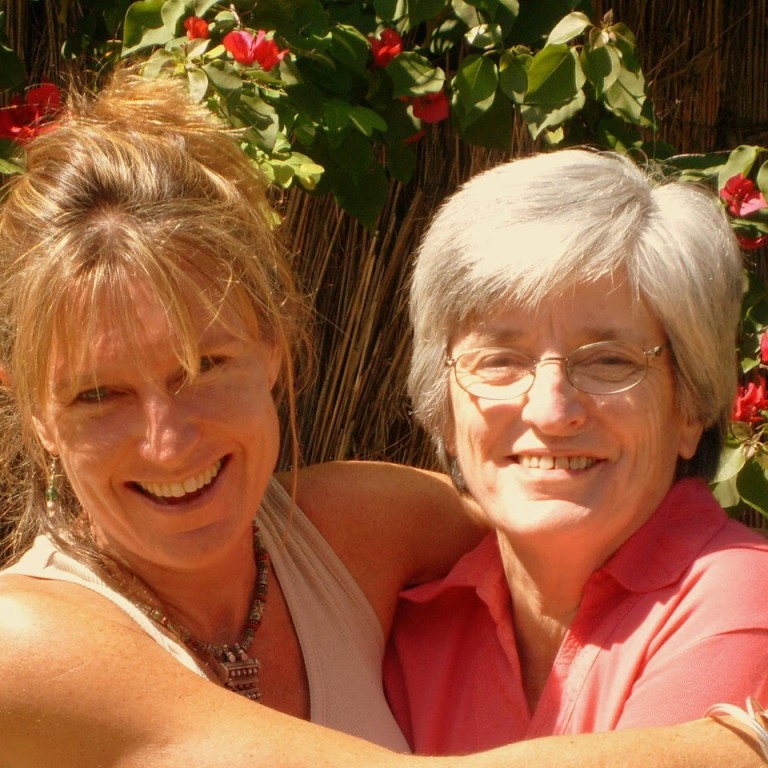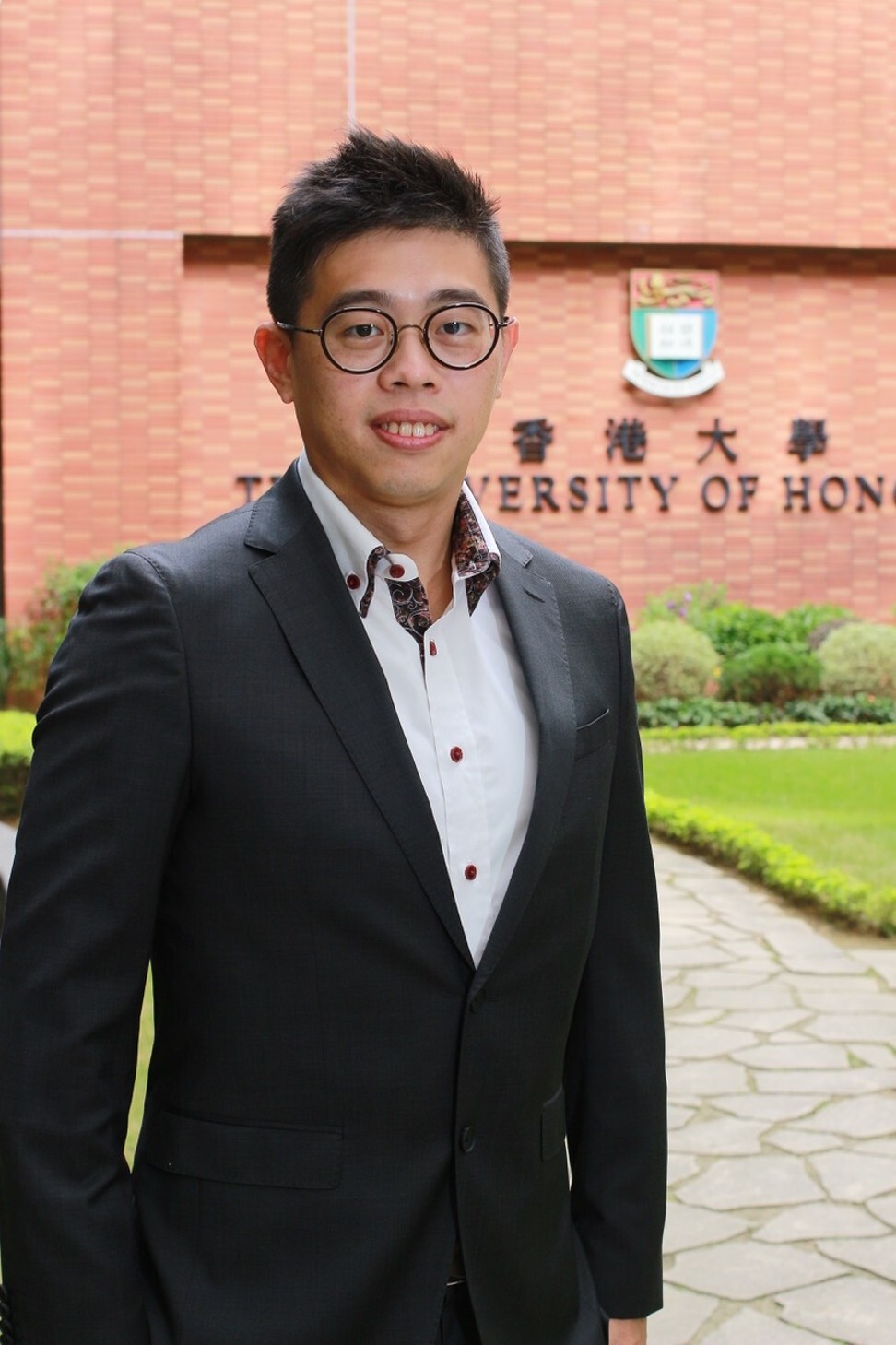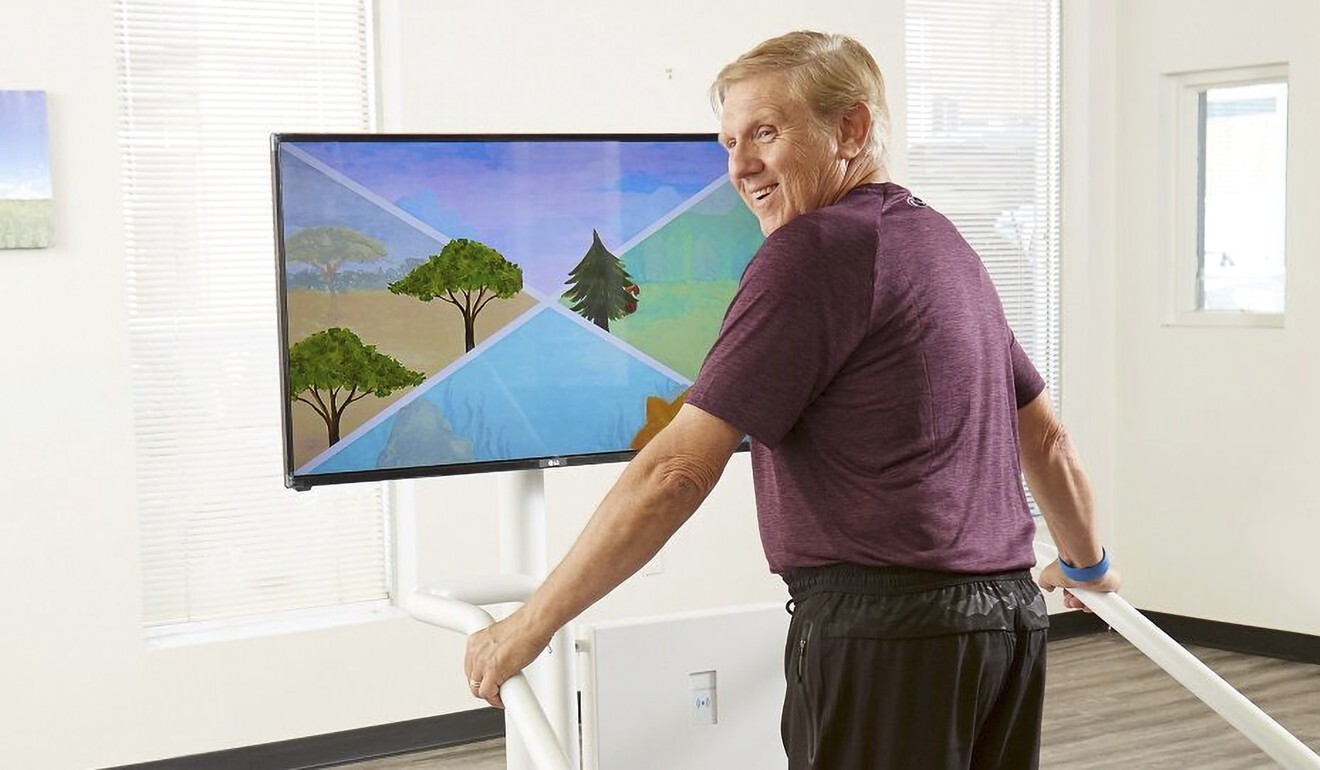
A dementia carer on her mother’s condition and the importance of physical and mental exercise to help prevent and reduce its effects
- Dementia is a cruel, debilitating condition, that impacts carers and family members as well as patients, but there is hope
- Physical and mental exercise can help prevent or delay its onset, and improve memory and concentration
When it first started – names of people and places began to slip my mother’s mind – I called her forgetful. We all forget things, I reassured her. But I grew concerned at how much she forgot and when she couldn’t recall who I was. “When did we first meet?” she asked one evening, and I knew we were in trouble.
Dementia is a cruel condition, a sort of death by 1,000 cuts. It’s not a gradual decline, not a slow slope downhill. It’s an illness that happens in stages, steps. At lunchtime she understood our relationship, by the evening, it was: “When did we first meet?”
Devastating as it is, it’s not uncommon for a person with dementia to forget their connection to family members. As Jean Woo, a professor of gerontology and geriatrics at the Chinese University of Hong Kong, reminds me, this scenario has been highlighted in films, most recently in the Oscar-winning The Father. She says family members need to understand the underlying changes and devise appropriate responses to continue a supportive relationship.
“It is the beginning of a bereavement process, where death will occur as the final stage,” Woo says. That’s one of the reasons, she says, that “support in how to care for relatives with dementia is very important but not widely emphasised”.

The main cause of dementia is Alzheimer’s disease, says Calvin Cheng Pak-wing, a clinical assistant professor in the psychiatry department at the University of Hong Kong. Other causes “include vascular issues, Lewy body dementia [when clumps of protein accumulate in the brain] and frontotemporal disorders”.
Dementia, Alzheimer’s and the rising toll on working carers
In my mother’s case, a long history of clinical depression may have predisposed her to the illness. “There is a strong linkage between depression and dementia,” says Cheng. “Many studies suggest that depression is a significant risk factor in developing dementia.”
The correlation between depression and dementia may be explained through different mechanisms. Stress levels are usually elevated in depressed patients and “increased cortisol associated with stress could cause hippocampal neuronal damage, which affects cognitive function, particularly memory”.
More recently, researchers have identified that a protein produced after a stroke could trigger neurodegeneration. Mum had a stroke five years ago.

Having your mother forget who you are, and then deny you are anything to do with her, is distressing. Why did she forget me and not my siblings? I have since reconciled myself to this. There can be no reasoning with dementia – it takes its name from the Latin demens, out of mind. It was nobody’s fault. It just is.
I tell her we will focus on living in the present. Sometimes, during our conversations, I relate stories of her past to her, to prove she had – has – an interesting history, to endorse her connection to me. I encourage her to keep reading. I encourage her to keep walking.
CNN’s Dr Sanjay Gupta on how to avoid getting dementia
Exercise is believed to be key in helping to prevent dementia.
Woo says aerobic exercises can promote brain cell growth in the area responsible for memory. Cheng says there is strong evidence suggesting that physically active people are less likely to develop dementia.
“Aerobic exercise has the strongest evidence to reduce dementia risk, in part because aerobic exercise helps reduce cardiovascular risks and maintain blood vessels in the brain, but also because exercise enhances the release of neuroprotective substances,” he says.
Is it too late for mum? Not necessarily: exercise won’t cure her dementia – there is yet no cure – but it may help slow the decline.
Results of a study conducted in Europe, published in Alzheimer’s Research & Therapy in March, in which dementia patients played on an exergaming device called the Dividat Senso showed it to have a positive impact on people battling mild and moderate dementia. The leader of the study, Professor Eling de Bruin at the ETH (Swiss Federal Institute of Technology) in Zurich, explained the approach and the science.
Exergaming involves patients standing on a pressure sensitive pad and responding to instructions on a monitor.
De Bruin credits the study’s “ecologically valid” approach for the positive results. Simply put, humans evolved to roam and forage, remembering where food and water was sourced while being mindful of predators and their environment.
Thus, we developed spatial orientation as we combined physical activity in a challenging environment using cognitive skills. De Bruin’s team used this as the basis for the study – but in a virtual world: patients must be cognitively aware of instructions on the screen and respond with movement.
Their upright position makes them more receptive to information – more receptive than on an exercise bike, which is how previous research was conducted. As a patient moves on the mat, they improve balance – important in a geriatric population vulnerable to falls.
Falls for elderly people can be serious. How to prevent them
We might not encourage our children to engage in virtual gaming, but, says de Bruin, studies have shown that the hippocampus, responsible for spatial awareness, in the brains of gamers is larger than that in the general population. This is the part of the brain that begins to degenerate first in dementia sufferers. It’s why losing your way can be an early sign.
Improvements noted in control groups after just eight weeks on the exergame were astounding. Not only were the group members exposed to the game less depressed (depression being prevalent in dementia sufferers) but their concentration and memory function improved. This could be attributed to “synaptogenesis”: the benefits of learning something new, which prompts the development of new synapses, or information pathways.
Synaptogenesis continues until we die if we are given the right incentives: motor and cognitive challenges from moving and thinking. Post mortem analysis of apparently healthy brains showed signs of dementia but, says de Bruin, those people had such healthy synaptogenesis that they developed “cognitive reserves to deal with any decline”.

My mother, because she’d lose her way home if she took a walk on her own, has developed the habit of walking around the house, counting laps. I used to think this was small and sad. Now I encourage it: she’s moving and counting and concentrating.
Keep walking, ma, keep walking, I say.

